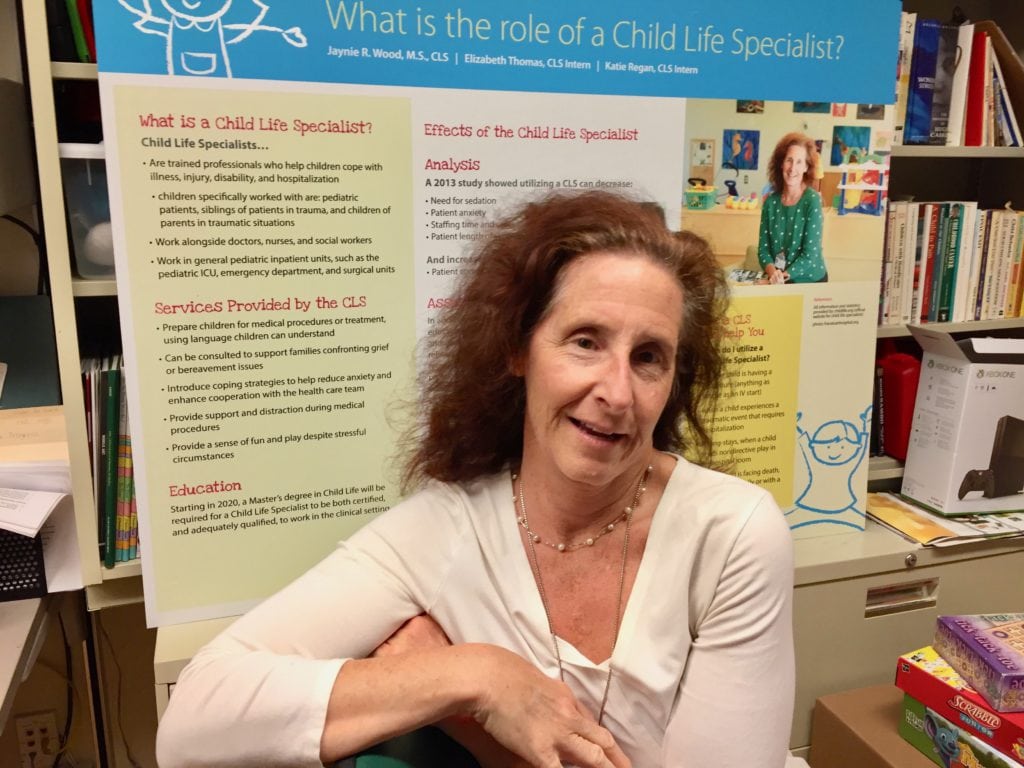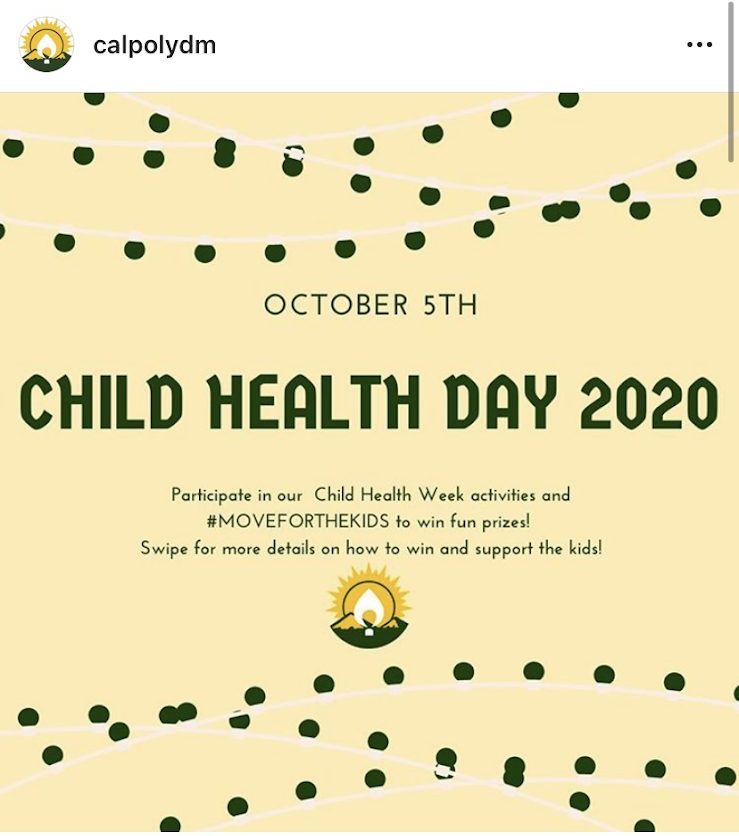How to Help Children Stay Calm When They Sense Danger
Stress and anxiety over the Thomas Fire impact children also. Our certified child life specialist shares ways to help young children manage their fears.
By Jaynie R. Wood, MS, CCLS, Certified Child Life Specialist, Cottage Children’s Medical Center
On the South Coast we are all feeling a sense of urgency due to the fires, the compromised air quality, the possibility of being displaced – or at worst- the loss of personal property.
Helping children understand these changes, especially when they are happening rapidly, can often be very challenging. Keep in mind when children are under stress or feel scared they may not hear all that you are saying. Here are ways to maximize your communication.
• Make good eye contact. During stressful situations, there is little time to spare, but take a few minutes to really stop and connect with your child. Acknowledge that you are there for them and you will explain each step of what is needed to be done. Children are very observant and watch to see how we are reacting in relation to what we are saying. Provide that one-to-one time to connect and it will be reassuring to you both.
• Speak slowly and calmly. Address what is happening at the current time and acknowledge that they are in a safe place and with someone who will watch over them.
• Give information that is needed at that moment. Use real words in a context that is age appropriate, such as, “In the city we live in there is a fire burning. We are going to pack a few bags and suitcases of clothes and maybe some snacks. Would you like to help me?” Let children know that they are safe and will remain in a safe place.
• Provide objects of comfort. If evacuation is necessary, help children to bring special objects if there is time to take them. Have comfort objects (blankets, stuffed animals) to help bridge the way to the transitional space during the evacuation.
• Let your children express their feelings. Provide an opportunity for your children to talk about how they are feeling about the fire, the air quality, the school closures, and the separation from friends or family. If your family has a member on the front lines, your child may want to acknowledge that and talk out loud about those feelings.
As always, during stressful situations, a few extra hugs and a little extra time with your child will send a positive and reassuring message that they are loved and protected.





